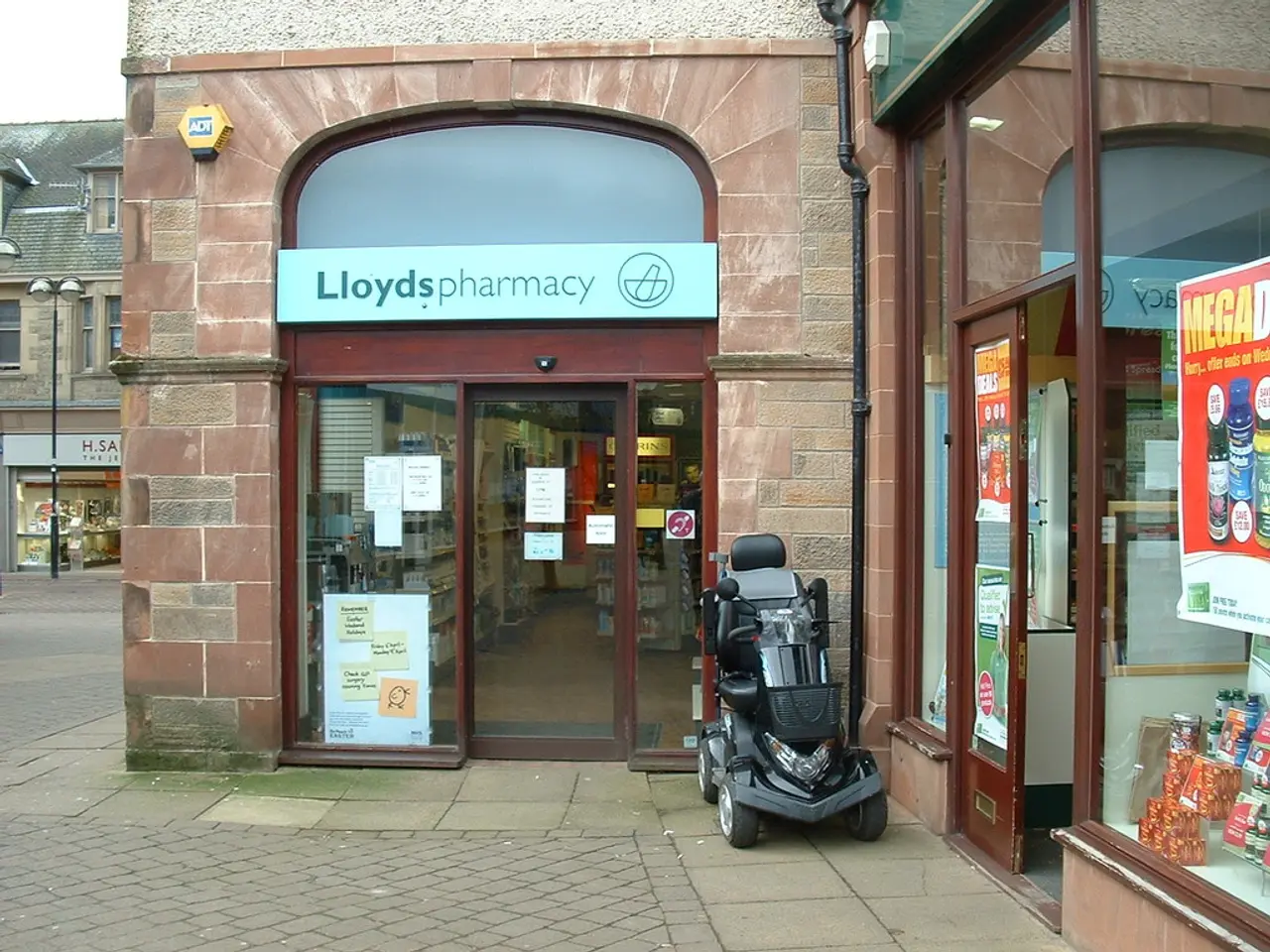Medical aid arrives in France's remote health care regions: General practitioners will begin making house calls starting next week
The French government is set to launch a groundbreaking healthcare initiative, known as "solidarity medicine," starting next week. This temporary solution aims to address the long-standing issue of limited access to primary care in rural areas, often referred to as "medical deserts."
The roll-out will be progressive, with family doctors being sent to 151 priority areas across rural France. These doctors will work up to two days a month in the hardest-hit communes, providing routine, dependable care that includes repeat prescriptions, blood-pressure checks, diabetes reviews, children's ailments, referrals, and more.
Residents who have been relying on Accident & Emergency (A&E) departments and pharmacies for basic care will find this development significant. A predictable slot with a family doctor on their doorstep represents a significant advancement in healthcare access.
The new booking tool, which will be available at the scheme's launch, will make it easier for residents to schedule appointments. For those without internet access, reservations can be made through their mairie (town hall) or local health desk. Appointments will be billed at standard rates, with no additional fees.
However, implementing the new healthcare scheme comes with its challenges. Recruiting volunteers, coordinating rooms, syncing local transport, and maintaining a reliable timetable are all areas requiring careful planning and management. Despite these challenges, the government is focusing on incentives rather than compulsion for doctors.
Doctors who opt in for the scheme will receive a €200 flat fee per day in addition to their normal consultation income. The healthcare sessions will be data-led, with more days scheduled where demand spikes and fewer where local capacity improves.
Regional health agencies will publish dates and locations as diaries firm up. Sessions will be held in familiar places such as town halls, local health centers, and borrowed consulting rooms.
Not everyone is satisfied with the two-day-a-month schedule in busy zones. Rural mayors and opposition politicians have proposed tougher planning rules, mandatory doctor rotations, and more resources for under-served areas. Health Minister Yannick Neuder, however, states that the goal is for every resident, regardless of location, to be able to see a GP without a two-hour round trip.
To attend an appointment, patients should bring their carte Vitale (French health insurance card), photo ID, any letters or test results, and a list of current medicines.
This is just the first step in a broader plan to rebuild day-to-day care outside the big cities. The mobile medical practices in France will initially operate in underserved rural and remote areas to improve access to healthcare. The hope is that this initiative will pave the way for a more equitable healthcare system across France.
Read also:
- Nightly sweat episodes linked to GERD: Crucial insights explained
- Antitussives: List of Examples, Functions, Adverse Reactions, and Additional Details
- Asthma Diagnosis: Exploring FeNO Tests and Related Treatments
- Unfortunate Financial Disarray for a Family from California After an Expensive Emergency Room Visit with Their Burned Infant








